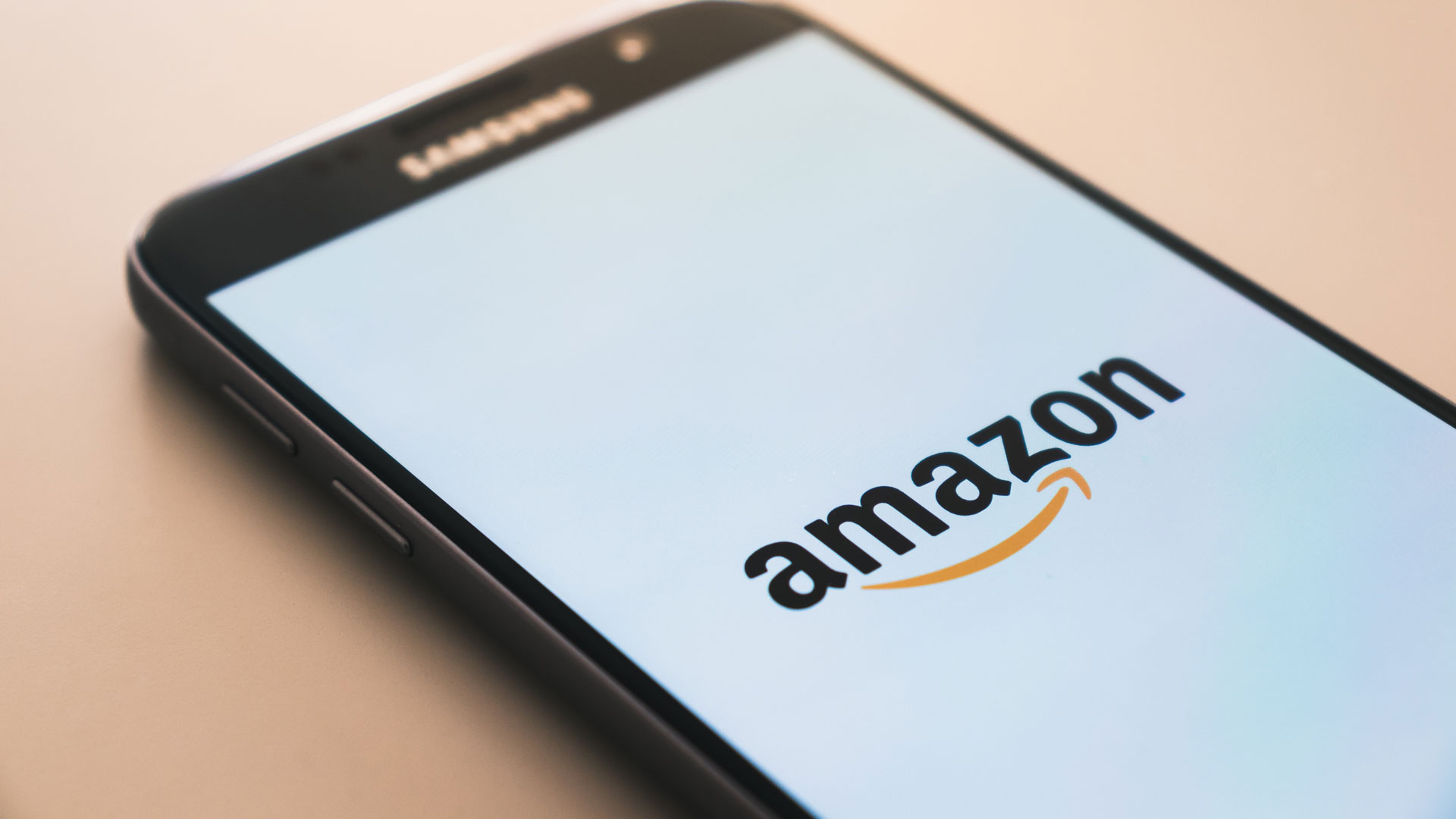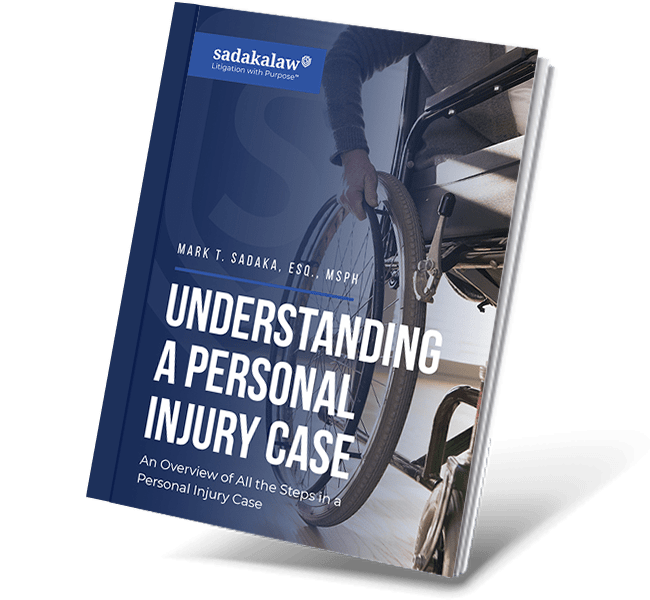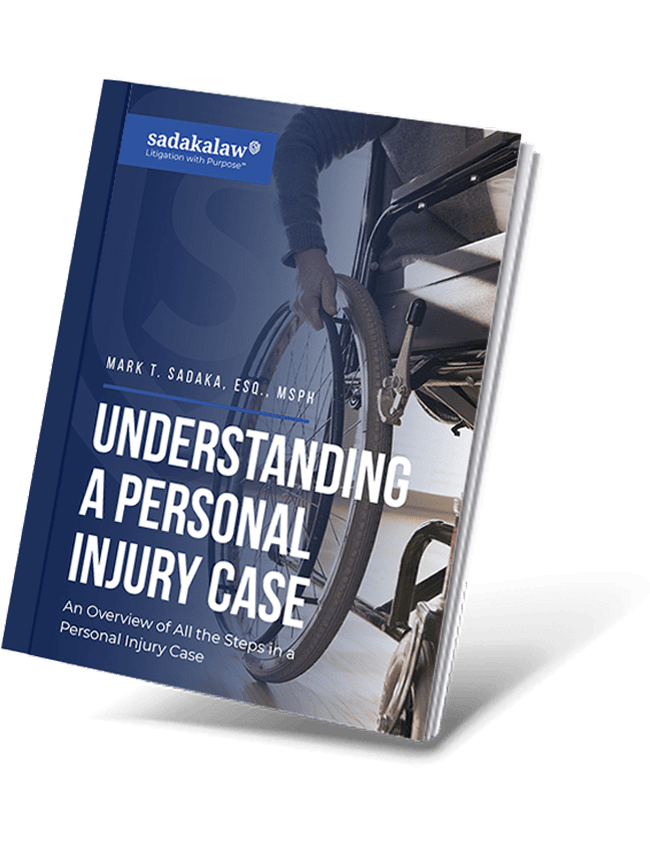
Product liability law in the United States is being upended as the traditional model of retail sales shifts in favor of a model in which companies like Amazon act as a market for sales of third party products. In these cases, Amazon claims that it is doing nothing other than simply offering a forum for these other vendors to connect with the public and sell their products. However, in some of these cases, the people who purchase these products are injured by what they buy off of the Amazon website. Some of the Amazon sellers are smaller businesses who may not have the deep pockets or the insurance necessary to fully compensate the plaintiffs for the damage that they have sustained. In those cases, plaintiffs may try to file suit against Amazon and take advantage of its proverbial deep pockets.
In a series of cases that may eventually find their way to the Supreme Court, different courts have reached varying results about the issue of whether Amazon can be found liable for product liability claims. Most courts have held that Amazon is not a seller of the goods and the company has, therefore, escaped product liability. Amazon’s business model is reminiscent of many other companies’ attempts to avoid liability for injuries. For example, Uber and Lyft classify their drivers as independent contractors in order to avoid liability. Amazon’s model is yet another way where companies seemingly game the system in a way that is unfair to consumers.
Here, the notion that Amazon is not liable for product injuries stems from the fact that Amazon’s stated role is acting as a middleman in the transaction where another vendor sells its products to the public. Courts have refused to hold Amazon liable on the basis that Amazon never takes title to the products that are sold on its website. In classic product liability cases, the seller of the product can be found liable under the theory that it has a role in the stream of commerce because it owns the product at a certain point before selling it.
This is one instance in which product liability law seems to be behind the times and fails to account for modern-day business conditions. Seemingly, it would only be a matter of time until the unfairness of the result will catch up to Amazon and a court will either invent a judicial doctrine to hold Amazon responsible or will reach a different conclusion than prior courts. In other words, at some point, there are public policy interests that take hold and force cases in the longstanding ways that some courts look at cases.
Given the number of sales that go through the Amazon Marketplace and the revenues that the company reaps off of these transactions, the result seems unfair. Nearly half of the sales on Amazon are from third-party vendors and the company consciously takes steps to insulate itself from product liability.
Different Decisions from Appeals
Recently other courts of appeals have begun to reach a different result, causing some uncertainty in the law and giving consumers some hope that Amazon may eventually be held responsible for goods that are sold through its marketplace. In this particular case, a woman was blinded in one eye when a retractable dog leash that she purchased through the Amazon website snapped back and struck her in the face. The woman was unable to locate the seller of the product and the retailer seemingly vanished from Amazon at a certain point with no contact information.
The court seemed to recognize the unfairness of the situation in its decision. The court held that, because Amazon’s operating mechanism allowed third-party sellers to cloak themselves from the customer and keep the customers from receiving compensation, Amazon needed to be held responsible. The case was sent back to the lower court as a traditional product liability claim that was allowed to proceed against Amazon.
That case was decided by the Third Circuit Court of Appeals. There was an Amazon product liability case in New Jersey where a federal court declined to hold Amazon responsible for injuries suffered by a consumer from a hoverboard. The court held that Amazon was not a product seller. However, several courts that ruled for Amazon indicated their displeasure in doing so in what was a practically open call to change the law.
The Conflict
Now that there is a conflict between different federal courts, there is a chance that the Supreme Court could weigh in on the question. The Supreme Court often takes cases in order to resolve discrepancies between federal courts.
There is at least some indication that the Supreme Court may take the view that Amazon itself is a reseller of these products even though it just claims to facilitate the sale. In similar circumstances, the Supreme Court ruled against Apple when the company claimed that the iPhone was just a forum for consumers to purchase apps directly from developers. The Court held that Apple was a direct seller when the sales were made over its platform.
Of course, if Amazon itself is the seller of the product, the typical rules of product liability will still hold true. In those cases, either the manufacturer of the product or the seller can be found responsible for any injuries suffered by consumers.
While the law does not yet uniformly say that Amazon should be found responsible for customer injuries, there are signs that there may be change on the way. If you have been injured by a product that you bought from a third-party on Amazon, you should at least have a conversation with a product liability attorney to see where the law stands and whether there is an opening to file a claim against Amazon for your injuries.


